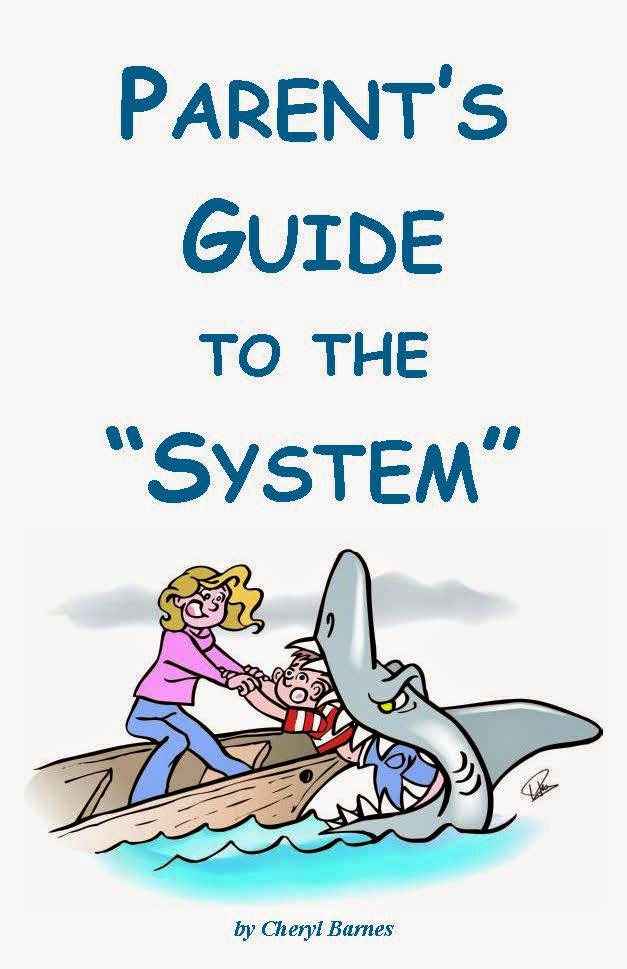As a Researcher and all around curious ol' guy, I always like to read others' opinions to either confirm, refine, or discredit my thoughts.
To make a point, I have bolded in Red some points one may want to consider?.. And, yes, even though this is about Divorces & Custody, these thoughts could be considered in any particular legal battle.
~~~~~~~~~~~~~~~~~~~~~~
Few people, who are headed for divorce or custody litigation, can
afford to spend substantial amounts of money on a family law attorney.
Frequently, clients consider whether they can or should represent
themselves in their divorce litigation or family law matter. This
decision is difficult. For anyone considering self-representation,
several important issues should be considered.
- Is this the first time you are going before the court on these issues?
- Related Information: Helping Your Lawyer
Once a court order is entered as to custody, parenting time or financial terms it can be very difficult to persuade a court in the future to modify the existing court order or to otherwise change the status quo. In fact, frequently a showing of a substantial change in circumstances must be made before modification of a court order is permitted.
If you do choose to go to court on your own and you are unhappy with the result, you can retain an attorney after the fact and try and get the court to reconsider its decision. This strategy is risky. An application to reconsider must be filed soon after the court renders its decision and the standards for reconsideration are narrow.
A motion to reconsider is most often not an opportunity to raise new issues or make new legal arguments on a matter which has already been heard by the court. An unfavorable decision can also be appealed. However, appellate courts move very slowly and appeals are expensive.
- What relief are you seeking from the court?
However, some self-represented litigants sometimes feel that they are going around in circles with the court since at times they are forced to file and re-file enforcement applications. The process may be frustrating for those not familiar with the system.
- How well can you advocate on your own behalf?
(Check out this short video: "What is Advocacy?")
Courts may send cases with self-represented parties to mediation on the day of the court hearing. A self-represented party may not understand the procedures and may be persuaded to enter into an agreement, which they may later regret.
Also, the success or failure of any application is based on the ability of the litigant to explain their legal position and to tell his or her story to the court. Some litigants are much better than other litigants at communicating with the court.
In the end, the decision whether or not to represent yourself in court is a difficult decision. Courts are respectful to self-represented parties and courts give self-represented parties a fair opportunity to represent themselves.
However, a court will not give a self-represented litigant a “pass” if he/she does not know the caselaw that governs their case. Ultimately, it can be difficult to modify or correct an unfavorable order.
~~~~~~~~~~~~~~~~~
So, are you ready, and have you researched enough to be confident of the points bolded in Red?
Keep in mind, and highly recommended, whether you Defend Yourself or use the assistance of a lawyer, you MUST know and/or be familiar with the 1)State Statutes, particular to your concerns; 2)Rules of Court; and 3) know how to get your Proof "On the Record".. ie most commonly called a "Declaration"
- Related Information:
Keep in mind, the above information is just a "Starting Point".. But, please>>
Don't be afraid to ask Why... And
if one says you Can't, ask WHY NOT?
But Remember: "Ignorance of Law is NO excuse"
However, as a Family Advocate for over a decade, I have often labeled too many lawyers as "ignorant". Of course, one common aliment, that comes to mind, is that those lawyers suffer from "Paradigm Paralysis". Perhaps a more positive phrase than "idiot"?
~~~~~~~~~~~~~~~~~~~~~~~~~~~~~~~~~~~~~~~~~~~~~~~~~~~~~~~~
AND Just in Case an alleged allegation is made and the Child Protective agency becomes involved, you may want to download this, of many Documents to Further Defend Yourself:
"Parent's Guide to the System" OR another Document to consider "Standing in the Shadow of Law"
"Parent's Guide to the System" OR another Document to consider "Standing in the Shadow of Law"
Watch for other documents either developed for Publication and/or enhanced by indexing by
GPC Publications.
GPC Publications.
May you find Strength in Your Higher Power,GranPa Chuck
Researcher, Editor, Publisher


No comments:
Post a Comment